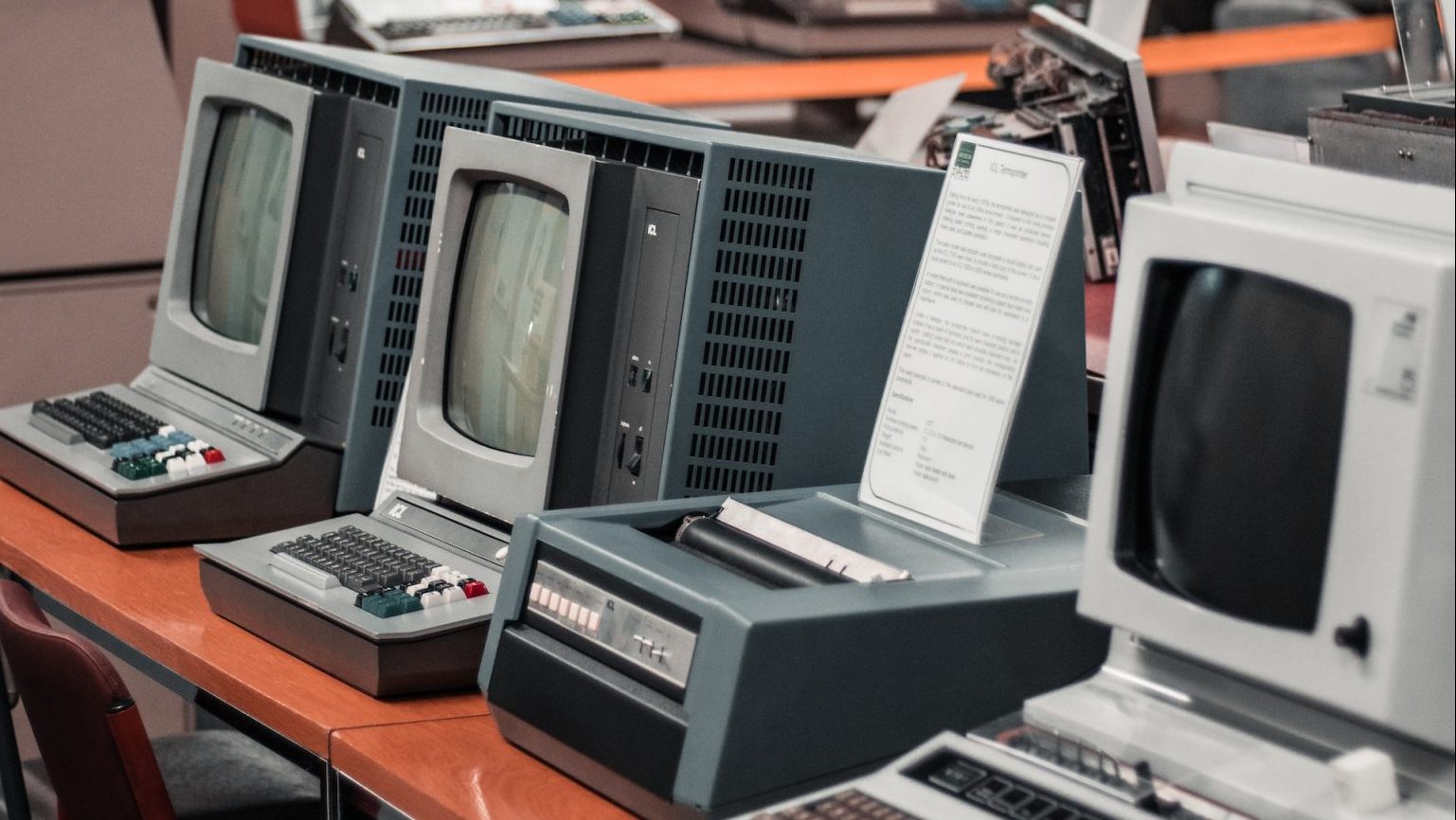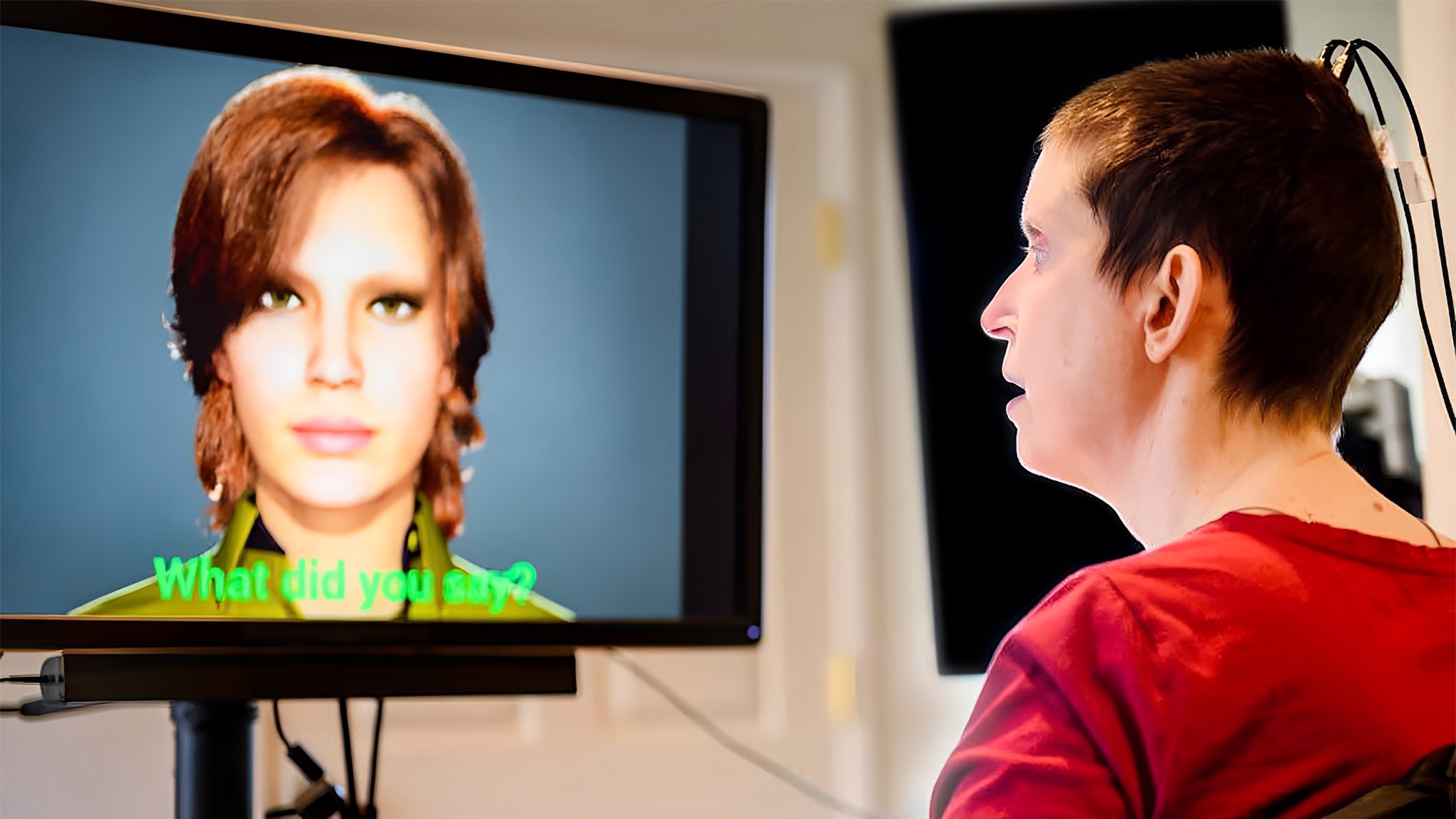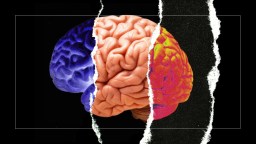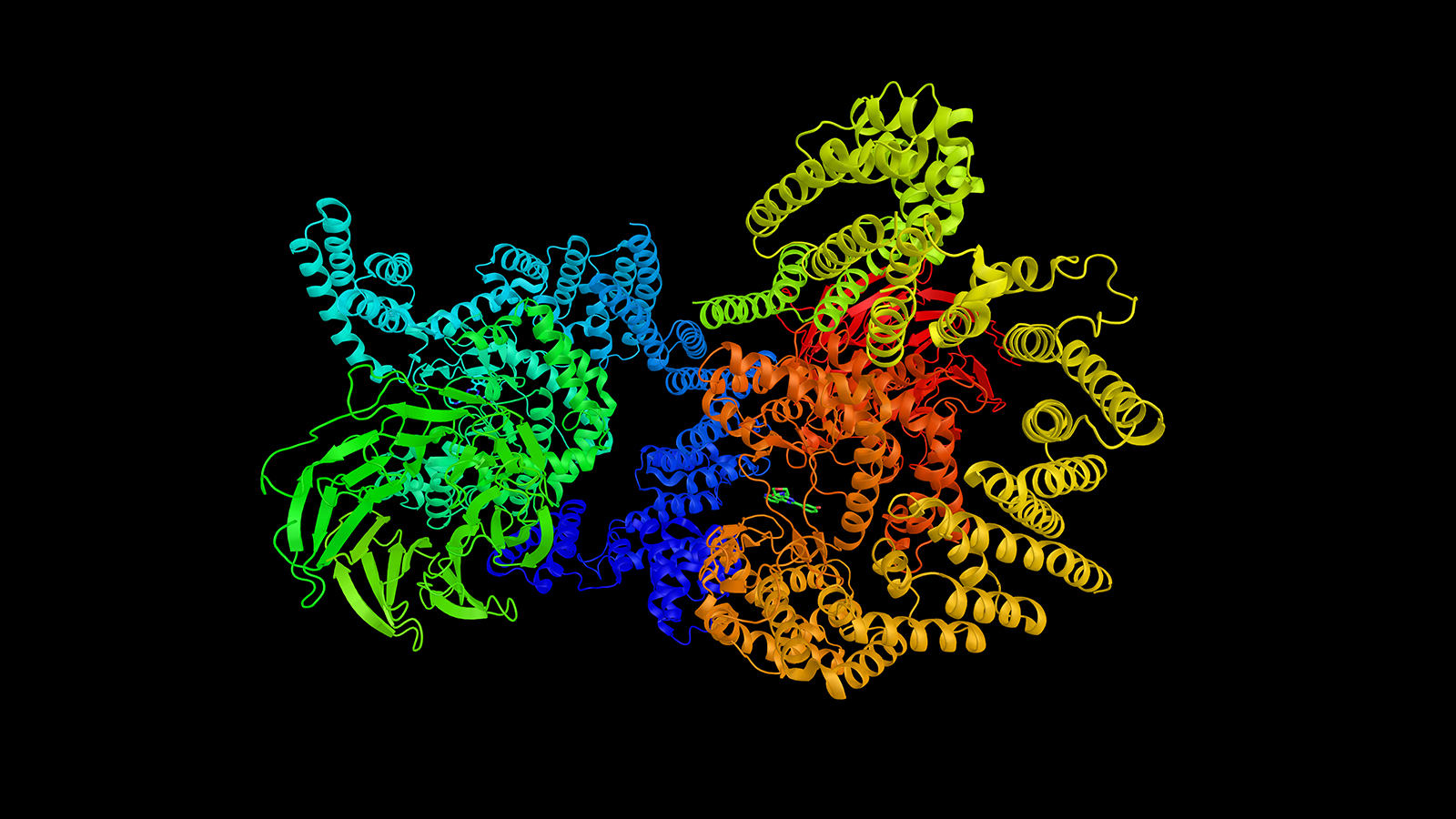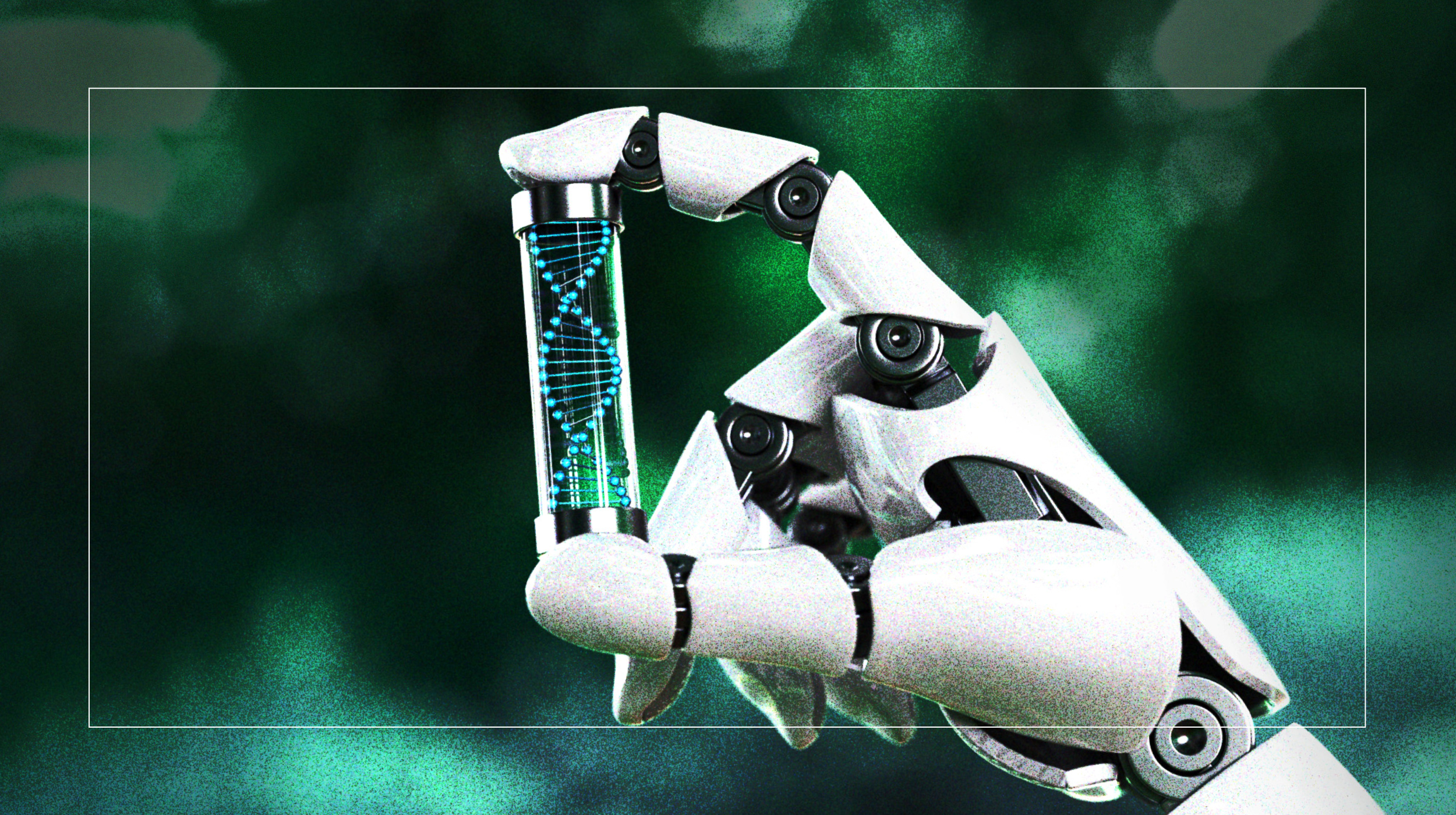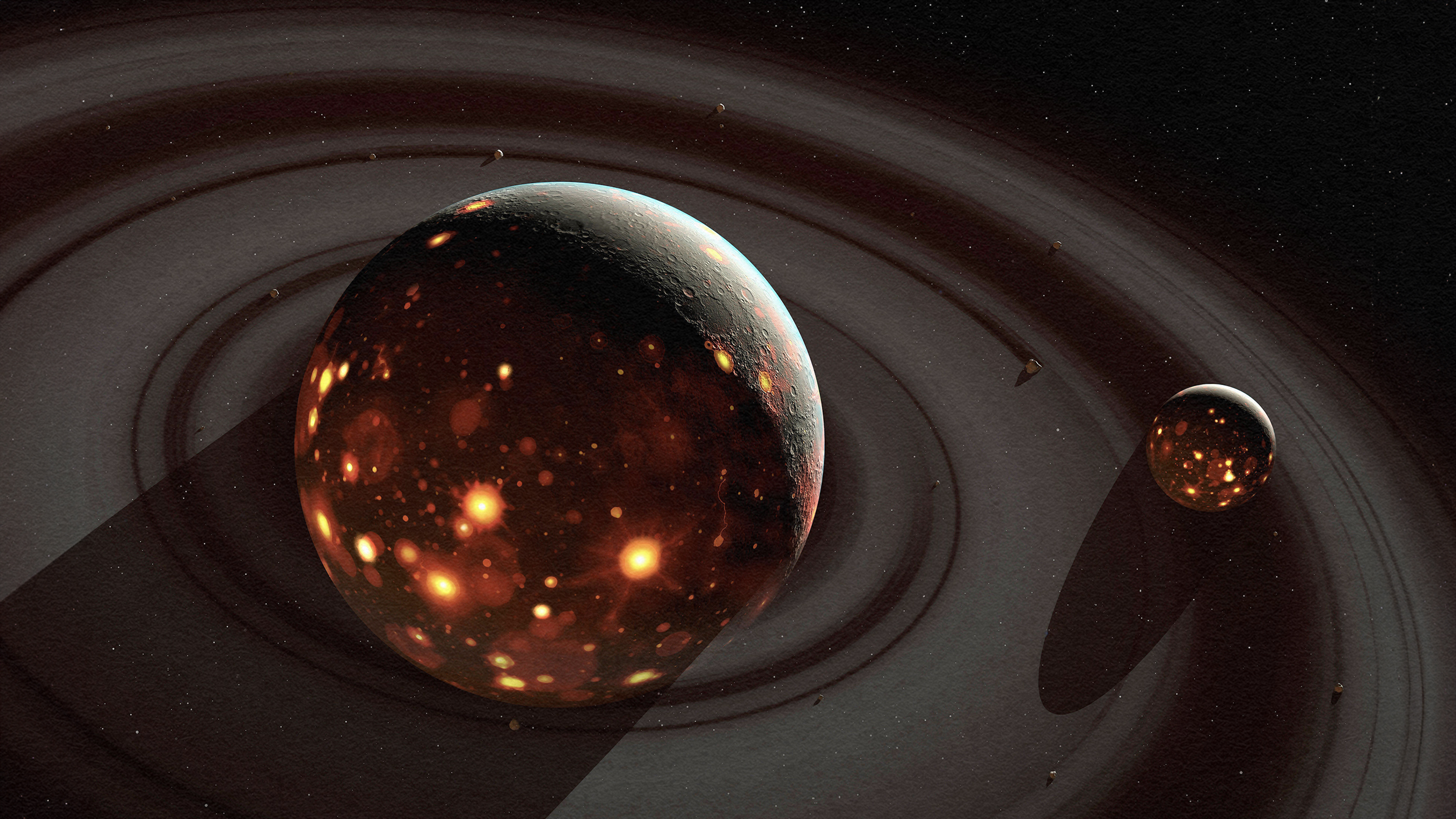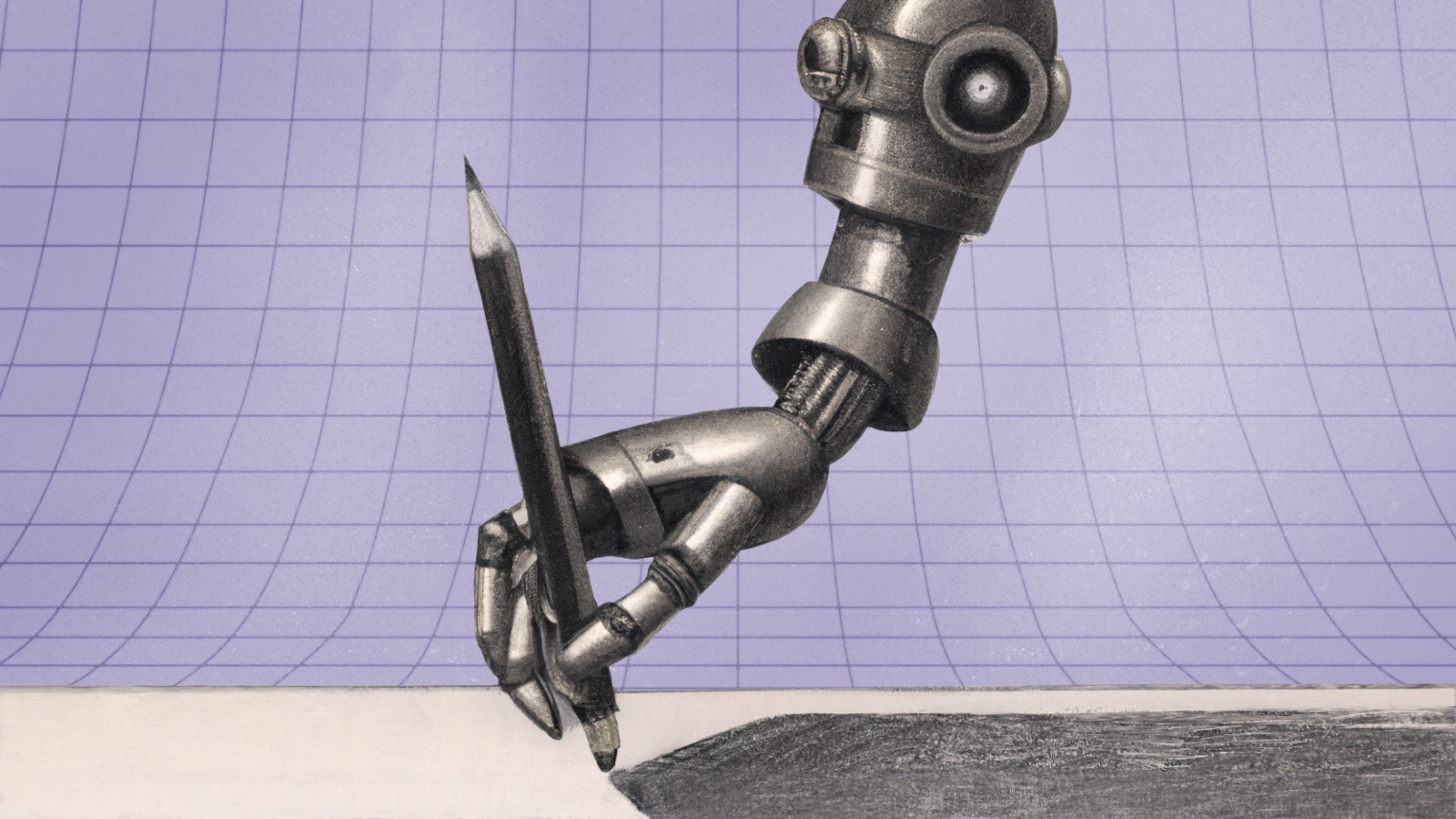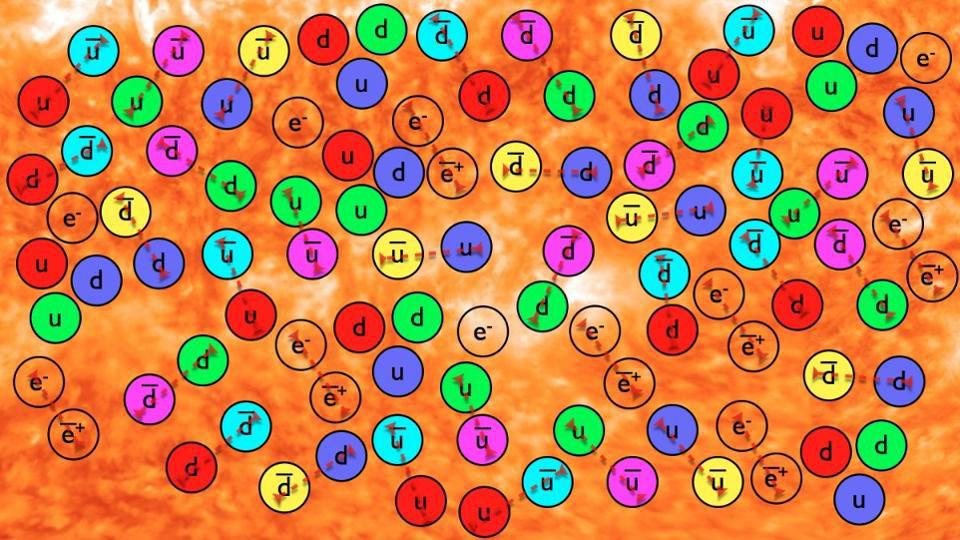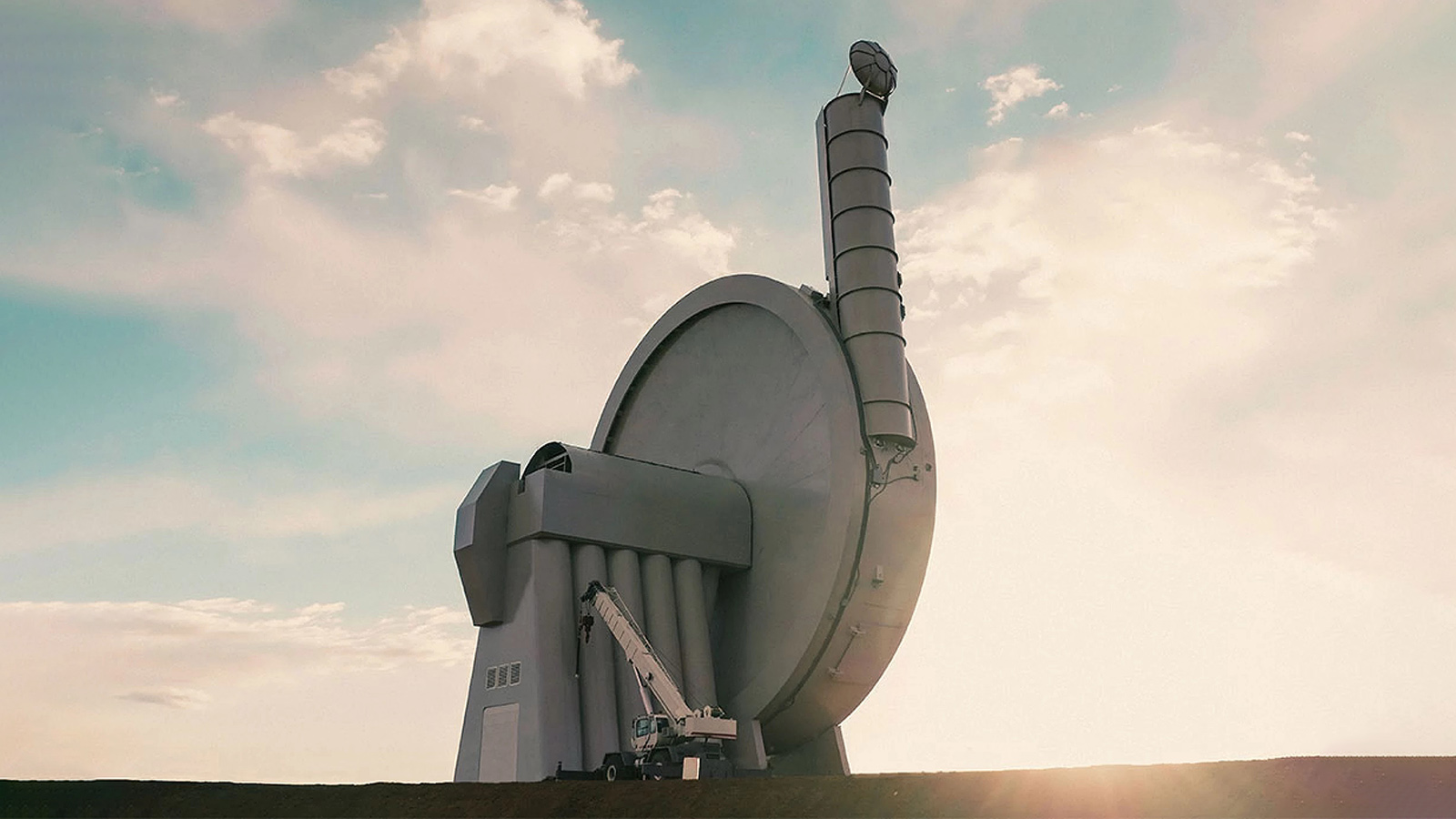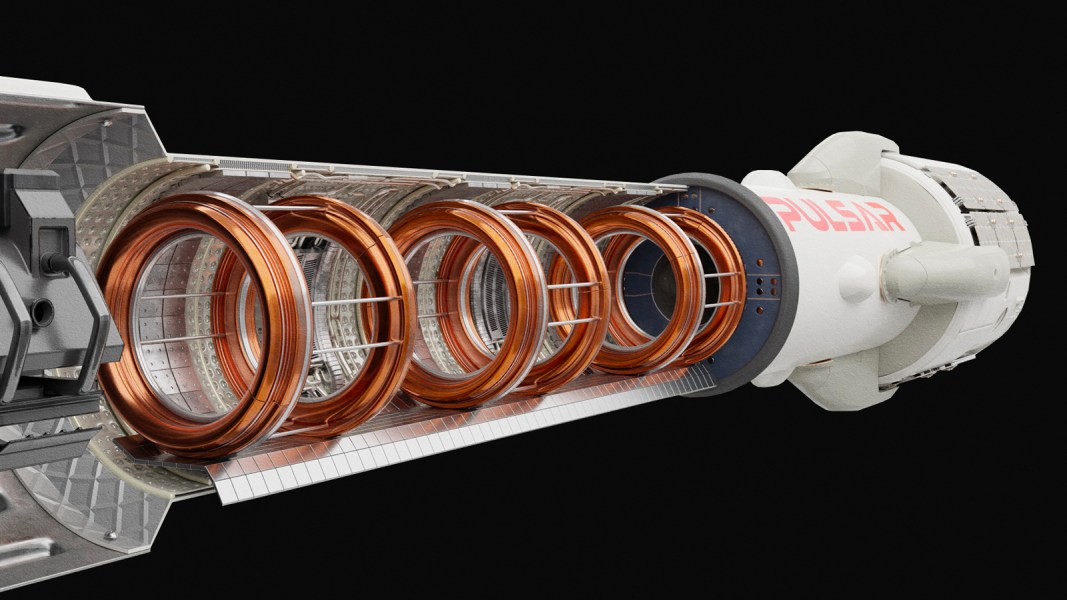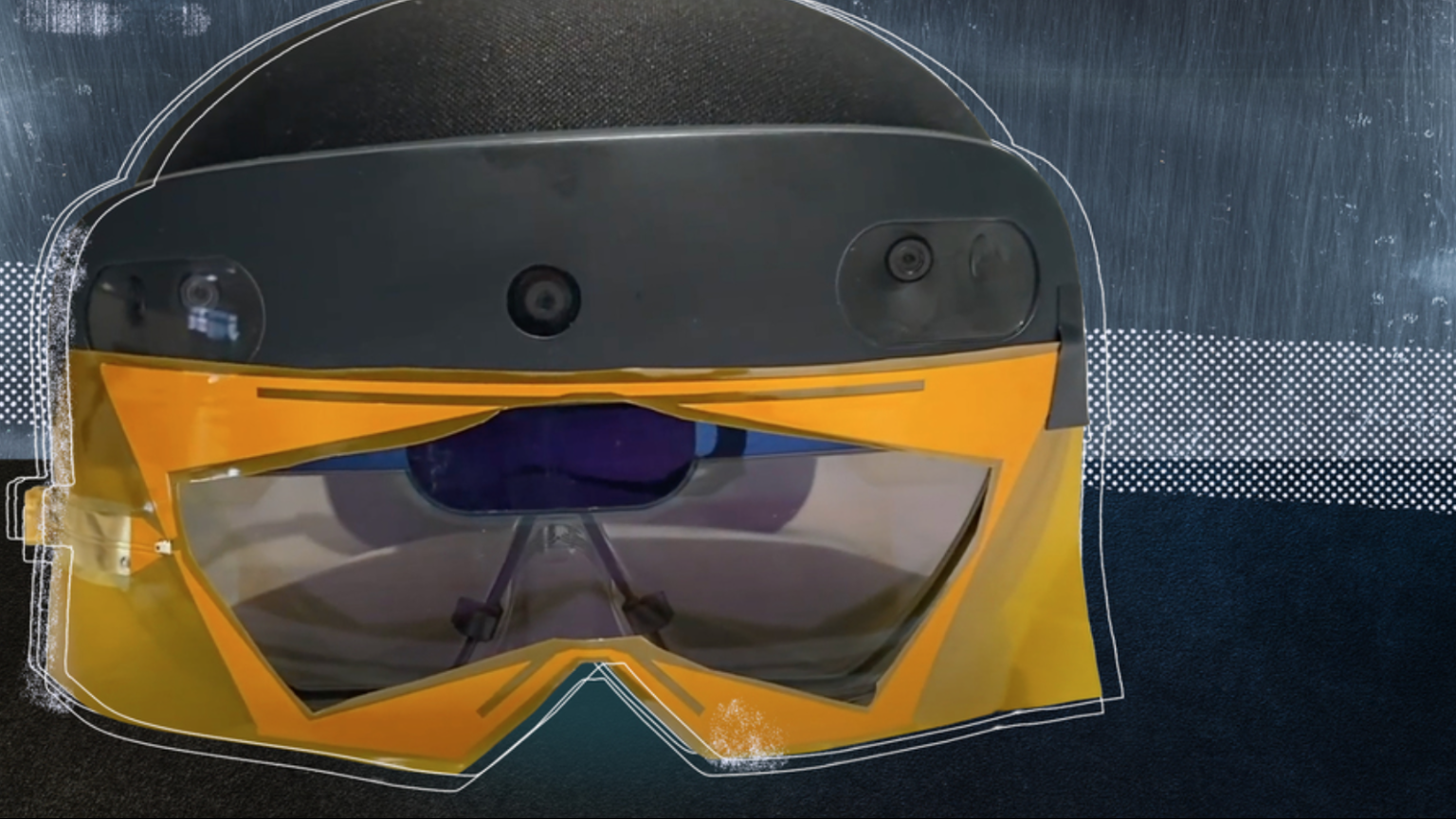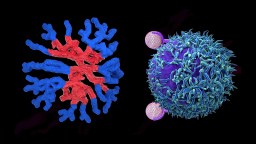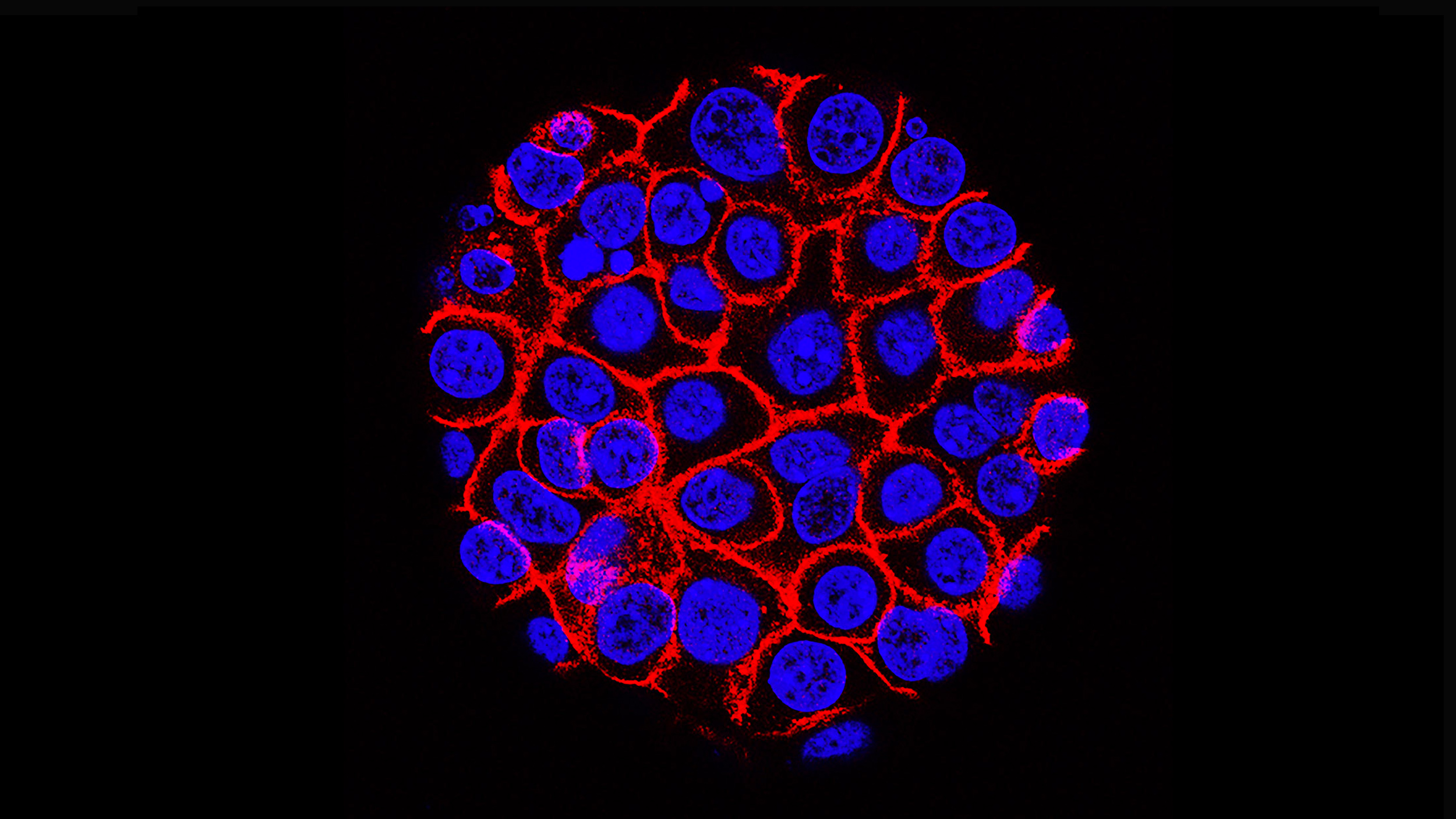Despite their brief history, computers and AI have fundamentally changed what we see, what we know, and what we do.
Search Results
You searched for: Systems
The benefits of going the extra mile to be socially responsible are felt by customers, employees, and shareholders alike. Here’s a plan to secure them.
NASA’s Juno mission, in orbit around Jupiter, occasionally flies past its innermost large moon: Io. The volcanic activity is unbelievable.
The brain implant lets her talk four times faster than the previous record.
Harvard astronomer Avi Loeb claimed to track down and find alien spherules on the ocean bottom. Here’s the sober truth.
You’ve heard about your “lizard brain.” But what about the other two?
▸
8 min
—
with
Rapamycin is potentially the most powerful anti-aging drug ever discovered. However, due to its unlucky history, few know of it.
As planets with too many volatiles and too little mass orbit their parent stars, their atmospheres photoevaporate, spelling doom for some.
Researchers have created a method to help workers collaborate with artificial intelligence systems.
The emergence of life in the universe is as certain as the emergence of matter, gravity, and the stars. Life is the universe developing a memory, and our chemical detection system could find it.
Our cosmic home, planet Earth, has been through a lot over the past 4.5 billion years. Here are some of its most spectacular changes
Saturn’s Iapetus, discovered way back in 1671, has three bizarre features that science still can’t fully explain.
As recently as 1990, we didn’t know of any planets beyond our Solar System. Today, with 5000+, we’re deep into the weeds of how they form.
While humanity has been skywatching since ancient times, much of our cosmic understanding has come about only recently. Very recently.
Even lifelong technologists and AI researchers like myself were genuinely surprised by the speed and impact of generative AI.
You can only create or destroy matter by creating or destroying equal amounts of antimatter. So how did we become a matter-rich Universe?
Explore how the study of exoplanets is transforming our understanding of ocean formation.
Spin, spin, spin — fire! The startup’s radical system could make satellite launches cheaper and cleaner.
In a recent paper, biologists outlined a three-part hypothesis for how all life as we know it began.
It could cut the time needed to reach Mars in half.
Scientists may have detected the somewhat smelly chemical dimethyl sulfide on a planet 120 light-years from Earth.
The space telescope’s findings challenge the notion of a galaxy brimming with life.
New blood types are regularly discovered by an unusual absence or an unusual presence — both of which can result in tragedy.
“It can truly allow you to see the physical world in ways that were not possible before.”
Some neuroscientists question whether the body can “keep score” of anything in a meaningful way.
Estonia has long been seen as a pioneer in digitizing the democratic process.
What if AI could tell us we have cancer before we show a single symptom? Steve Quake, head of science at the Chan Zuckerberg Initiative, explains how AI can revolutionize science.
▸
5 min
—
with
There are pros and cons to sending interstellar messages to aliens that may or may not exist.
The secret ingredient is violence, and it just might indicate that “moonmoons” aren’t as uncommon as most astronomers think.
It could lead to earlier diagnoses, better treatment, and fewer deaths from pancreatic cancer, which kills 88% of patients within five years.
